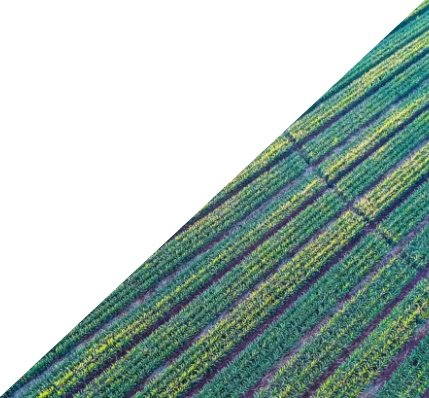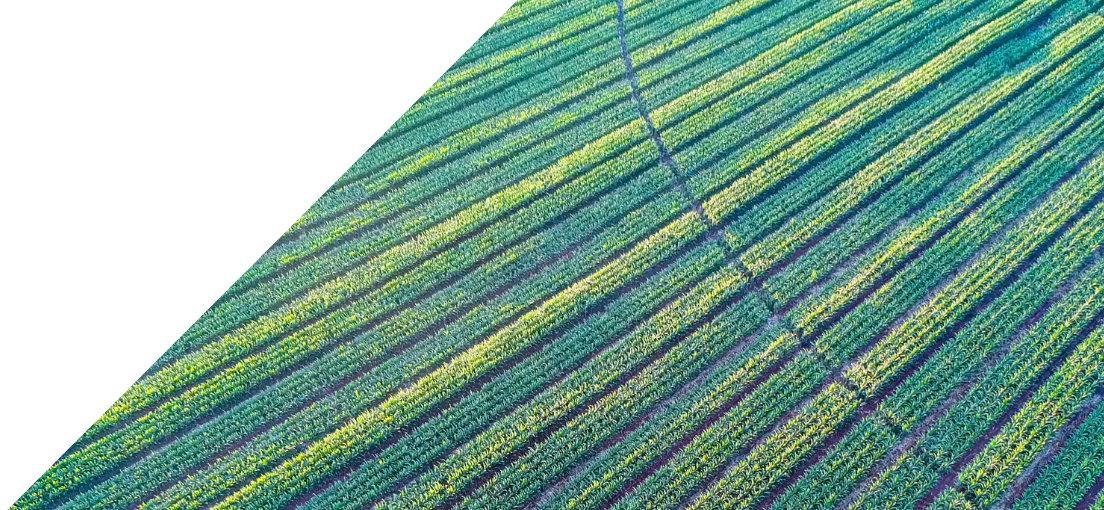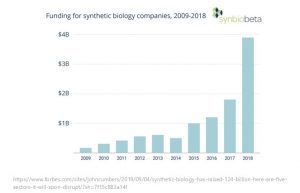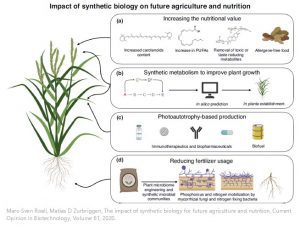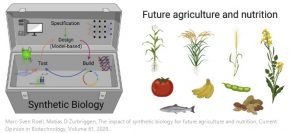SYNTHETIC BIOLOGY: BREEDING BY DESIGN

Imagine crops that require little or no pesticides and can resist drought. Imagine medicine that is administered by eating a vegetable or a world without food-related allergies. These are just some possibilities that can lead to a more sustainable future by using synthetic biology. Feeding the growing human population while preserving the environment is a major problem society is facing across the globe. Synthetic biologists are now at the forefront of global efforts to address these pressing and emerging needs. So, what is synthetic biology? It is an emerging field that implements engineering principles into biological systems. This multidisciplinary approach seeks to create new biological elements, devices and systems, or to redesign systems that are already found in nature, towards the production of new products. Plant synthetic biology is lagging behind the biotechnology/biopharmaceutical industries which are currently reshaping fundamental research in bacterial, yeast and mammalian systems. Nevertheless synthetic biology is a research area that will increasingly play an important role in the future of agriculture, not just for traditional crop improvement but also in the creation of new innovative products such as novel bio-production in plants.
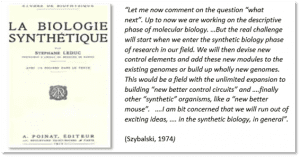
Ask the author
We want to hear more about your needs. Please fill the form below and member of our team will contact you in the next few days.
